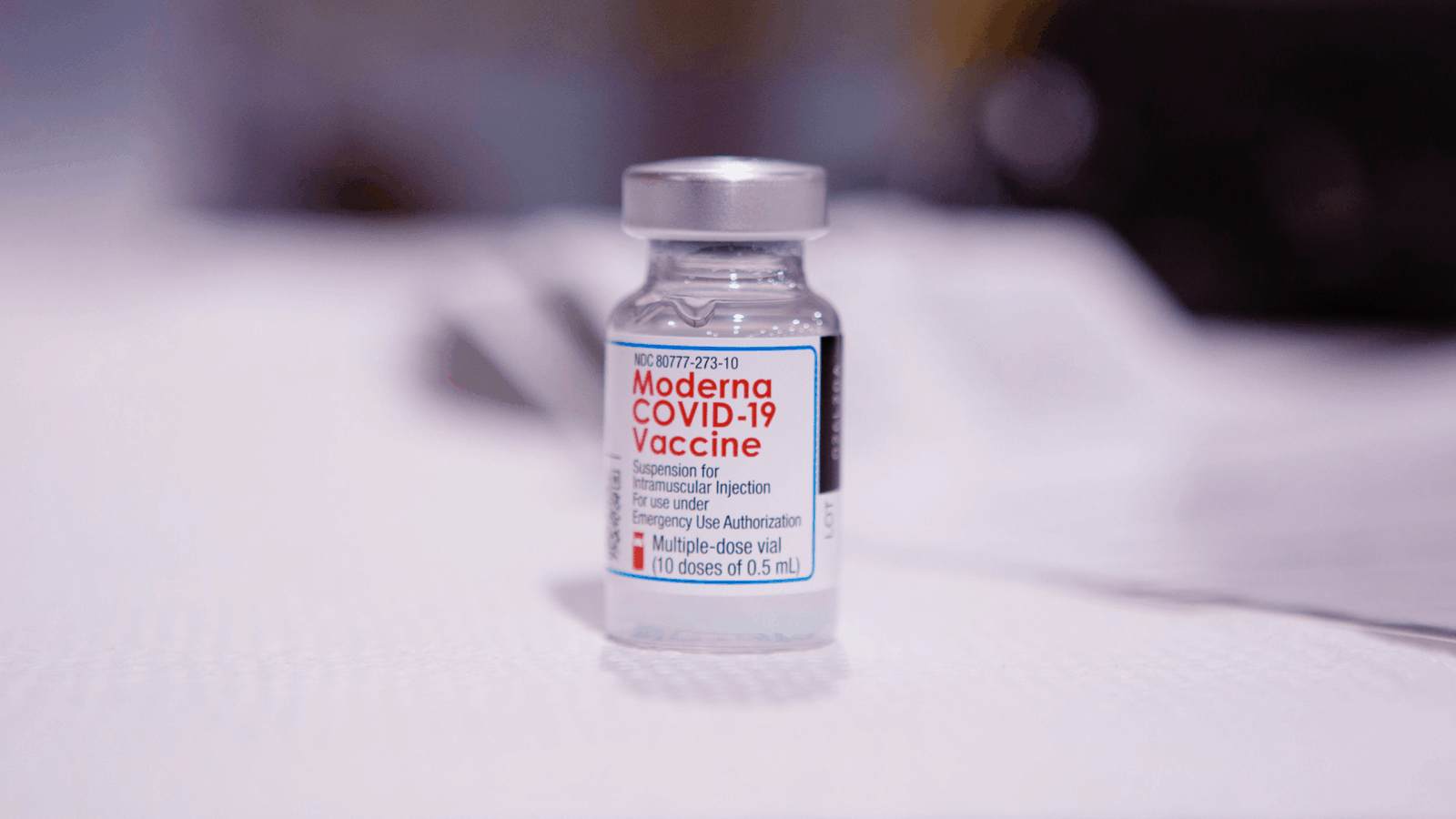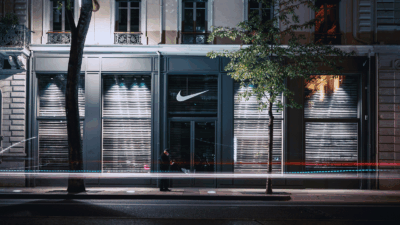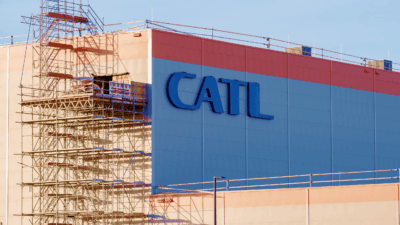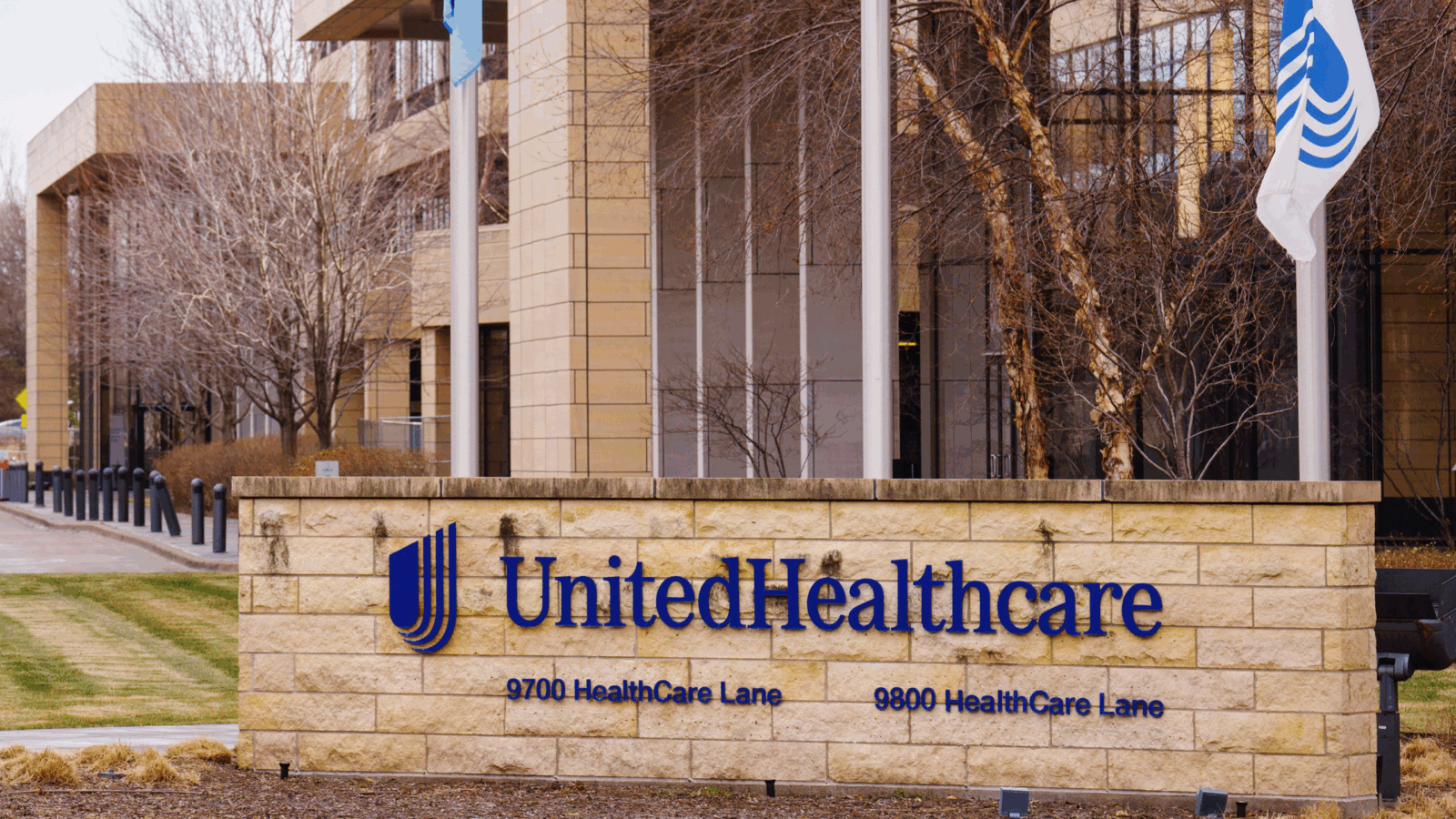Bristol Myers Paying BioNTech Up to $11.1B in Cancer Drug Team-up
At the heart of the biotech deal is a relatively new drug technology called PD-1/VEGF bispecific antibodies.
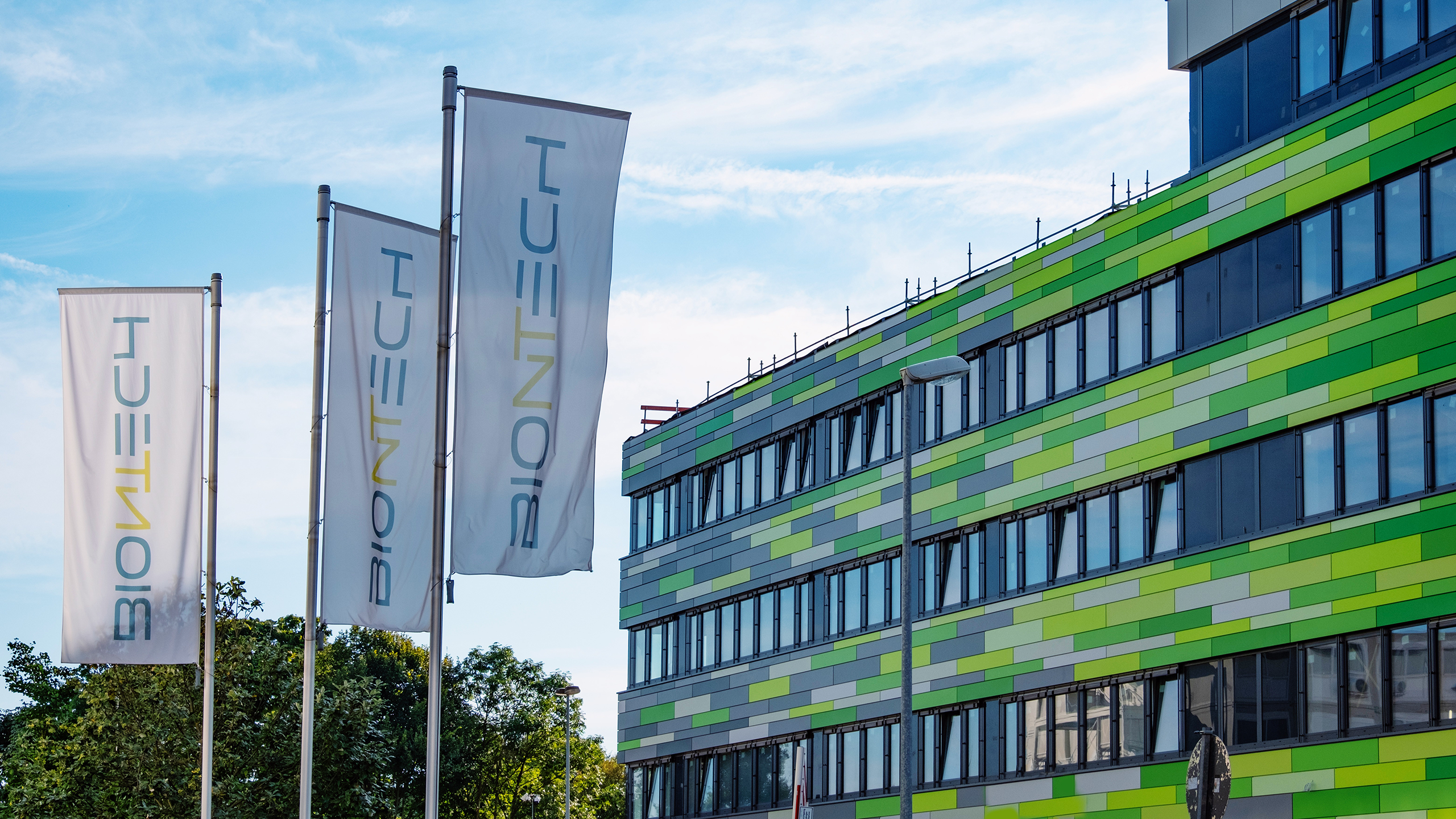
Sign up for smart news, insights, and analysis on the biggest financial stories of the day.
Could the world’s best-selling drug have competition on the way?
American pharmaceutical giant Bristol Myers Squibb agreed Monday to pay up to $11.1 billion to partner with Germany’s BioNTech and co-develop its next-generation immunotherapy for cancer, which could compete directly with Merck & Co.’s breakthrough treatment Keytruda.
Everybody Wants In
At the heart of the deal is a relatively new drug technology called PD-1/VEGF bispecific antibodies. Basically, they work in two ways. First, they block PD-1, a protein that in good times helps manage the immune system but which some cancers can manipulate to sneak under the radar of a body’s defenses. Second, they block VEGF, a protein that plays a key role in the growth of new blood vessels, which tumors need to grow and spread.
The initial breakthroughs in PD-1/VEGF bispecifics have come from China, but an arms race among Western drug developers was triggered last September. That’s when Hong Kong-based drugmaker Akeso and Menlo Park, California-based Summit Therapeutics reported that their treatment ivonescimab bested Keytruda in a head-to-head trial. Two months later, BioNTech announced it was buying China’s Biotheus, and with it, control of the bispecific antibody BNT327, for $800 million upfront and $150 million in potential milestone payments. That deal, which closed in February, placed the German drugmaker at the front of the pack, along with Summit, in the race to develop PD-1/VEGF bispecific drugs for Western markets.
Not to be outdone, Merck joined the race when it dropped $588 million up front on the global rights to Shanghai-based LaNova Medicines’ PD-1/VEGF bispecific antibody. It had good reason: While Keytruda sales rose 18% to $29.5 billion in 2024, Merck’s stock has plummeted 30% in the past six months over fears about its loss of exclusivity for the drug in 2028 and the threat of competition. Monday’s deal upped the ante when it comes to potential challengers:
- BioNTech’s deal with Bristol Myers Squibb includes $3.5 billion in unconditional payments, which will immediately bolster its resources to develop experimental PD-1/VEGF bispecific cancer treatments. Its partnership with Pfizer on a COVID-19 vaccine during the pandemic showed it could work rapidly and efficiently with a US partner.
- Markets signaled that they saw the two companies’ agreement to “co-develop and co-commercialize” BNT327 for multiple types of cancer as a huge win for the German firm: BioNTech’s shares rose 19% on Monday, while Bristol Myers Squibb edged up 1% (Merck shares slid 0.7%).
Partner Turned Competitor: BioNTech’s erstwhile vaccine partner is also in the PD-1/VEGF bispecific race, having inked a $1.25 billion upfront deal last month for global rights to a clinical candidate developed by China’s 3SBio.




